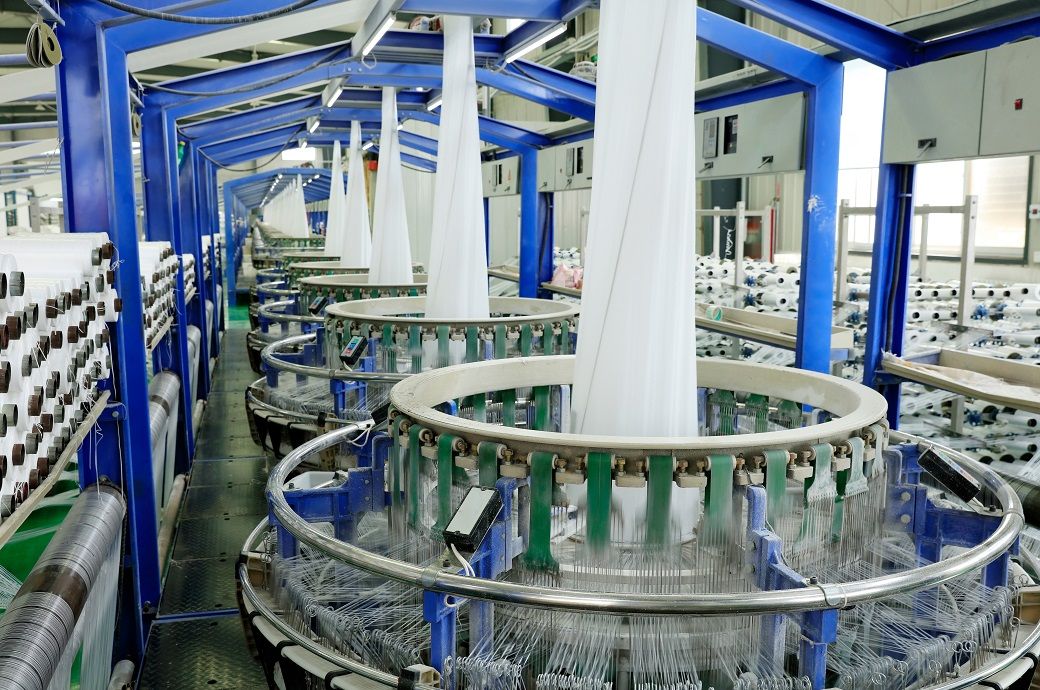European economic sentiment stabilises in January 2024

Insights
- In January 2024, the EU and euro area's economic sentiment indicator (ESI) stabilised, with the EU slightly increasing to 95.9 and the euro area marginally decreasing to 96.2.
- The employment expectations indicator (EEI) declined in both regions.
- Germany's ESI fell significantly, while Italy, Poland, France, the Netherlands, and Spain saw improvements.
In the EU, the stability of the ESI is attributed to broadly stable confidence across various sectors, including industry, retail trade, and among consumers. Among the largest EU economies, Germany experienced a marked deterioration in the ESI, dropping by 2.2 points. In contrast, improvements were noted in Italy (3.8 points), Poland (3.2), France (2.4), the Netherlands (1.9), and Spain (1.4), as per the European Commission.
Industry confidence remained broadly stable with a minor increase of 0.1 points. This stability is partly due to an assessment that stocks of finished products are increasingly below normal, indicating a rise in demand. However, there was a deterioration in managers' production expectations and a slight decline in assessments of overall order books. Regarding export order books and past production, managers’ assessments showed improvement and stability, respectively.
Consumer confidence remained largely unchanged, with a minor decrease of 0.2 points. This was a result of mixed views among consumers, with marginal improvements in their perception of their household's past and expected financial situation, but lower expectations regarding the general economic situation in their country and decreased intentions for major purchases.
Retail trade confidence remained unchanged, with assessments of past and future business situations, as well as the volume of stocks, staying stable. In the employment sector, the EEI declined due to lower employment plans in retail trade, while employment plans in industry remained unchanged. Consumers’ unemployment expectations, not included in the headline indicator, showed a slight improvement.
Selling price expectations increased slightly in industry. However, they remained stable in retail trade. Notably, only industry's selling price expectations are below their long-term average. Consumers’ expectations for prices over the next twelve months increased, while their perceptions of price developments over the past twelve months continued to decline, albeit remaining at a high level.
The European Commission’s economic uncertainty indicator (EUI) saw a marginal decrease in January, down by 0.3 points to 20.8. This decrease was driven by reduced uncertainty among managers in industry and retail trade regarding their future business situation, and among consumers about their future financial situation.
Fibre2Fashion News Desk (DP)
































-Ltd..jpg?tr=w-120,h-60,c-at_max,cm-pad_resize,bg-ffffff)





.jpg?tr=w-120,h-60,c-at_max,cm-pad_resize,bg-ffffff)
.jpg?tr=w-120,h-60,c-at_max,cm-pad_resize,bg-ffffff)






